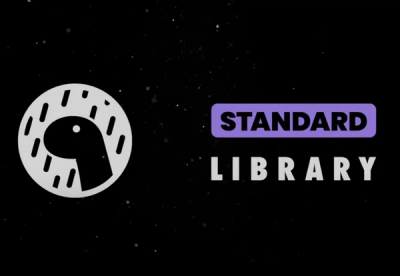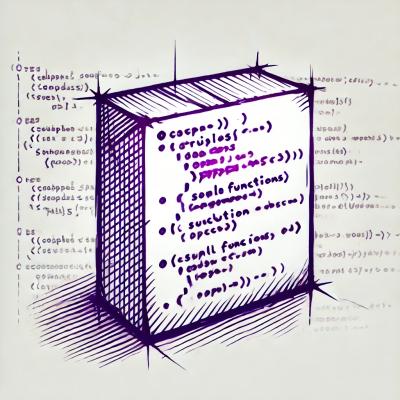rollup-plugin-url-resolve
The goal of this plugin is to avoid the need to use npm or yarn clients to explicitly install your dependencies from the registry before you bundle. Instead of specifying your dependencies in package.json, you specify them in your source code as URLs in import statements. Then Rollup dynamically fetches and includes those dependencies when you bundle.
For example, you could put the following in your rollup.config.js:
import urlResolve from 'rollup-plugin-url-resolve';
export default {
plugins: [urlResolve()]
};
Then, in your source files, you can do stuff like this:
import * as d3 from 'https://unpkg.com/d3?module';
Run rollup, and you're done. No more npm install! :) Well, at least not for your app's dependencies.
Currently, the following URL protocols are supported:
https: and http:file:data:
It might help to think about this plugin as an alternative to rollup-plugin-node-resolve, but for any URL, not just stuff you've already installed in node_modules.
Options
The urlResolve function accepts all the same options as make-fetch-happen. They are used when we need to fetch a module from a remote URL. One option that is particularly useful is cacheManager, which can be used to cache the results of fetch operations on disk. This can make your builds a lot faster if many of your URLs point to remote servers.
import urlResolve from 'rollup-plugin-url-resolve';
export default {
plugins: [
urlResolve({
cacheManager: '.cache'
})
]
};
There are various other options as well, including support for retrying failed requests and proxy servers. Please see the list of options for more information.
Using CommonJS
You could also try using a URL that returns CommonJS, though you won't get the benefit of tree-shaking that using JavaScript modules provides. Still, it can be a useful stopgap until a package you need starts publishing JavaScript modules.
If you do this, you'll probably want to use rollup-plugin-commonjs on those URLs in your Rollup config, just like you would normally do for stuff in node_modules:
import commonjs from 'rollup-plugin-commonjs';
import urlResolve from 'rollup-plugin-url-resolve';
export default {
plugins: [
urlResolve(),
commonjs({
include: /^https:\/\/unpkg\.com/,
exclude: /^https:\/\/unpkg\.com.*?\?.*?\bmodule\b/
})
]
};
License
MIT



